Why Use Demonstrative Evidence?
Nearly everybody relies on the web, television, and our mobile devices to stay constantly connected and entertained these days. We expect information to be easily accessible, clear and attractive. For most people, anything less doesn’t even register.
Attorneys who don’t take these factors into account when preparing a case risk not making a strong impression on judges, juries and potential clients. Worse, they risk losing the interest of these important groups.
The Facts
Most people learn more easily by seeing something than by hearing it (footnote 2-3). In addition, people are more apt to remember something that has been shown to them than something that they have heard (footnote 1).By using demonstrative evidence, attorneys can relate to a larger percentage of potential jurors (who by definition prefer visual media). Moreover, they can make a stronger impression on potential jurors, increasing retention rates by up to 4 times.
“Testimony is more memorable when it is both heard and seen—retention increases 400% when information is presented in an Audio Visual format. (National Training Laboratories, 1998, Online.”
“Visual learners remember information more accurately when they see it. Auditory learners remember information more accurately when they hear it. Kinesthetic learners remember information more accurately when they touch it.”
“In practical terms, seven out of twelve jurors (61%) will prefer visual learning, three will prefer kinesthetic learning (20.5%), and two will prefer auditory learning (18.5%), Attorneys who rely on auditory communication alone will be under-communicating with ten of the twelve members of the jury (81.5%). Id.”
“Attorneys and juries have different communication styles. A study comparing the learning and communication styles of practicing attorneys and of the general public indicates that attorneys prefer to talk about the evidence, while jurors prefer to see the evidence. (Kenneth J. Lopez, “The Animators at Law Attorney Communication Style Study,” 2007.)”
BBC: The internet creates shorter attention spans
http://news.bbc.co.uk/2/hi/1834682.stm
Short attention spans linked to TV:
http://www.usatoday.com/news/nation/2004-04-05-tv-bottomstrip_x.htm

